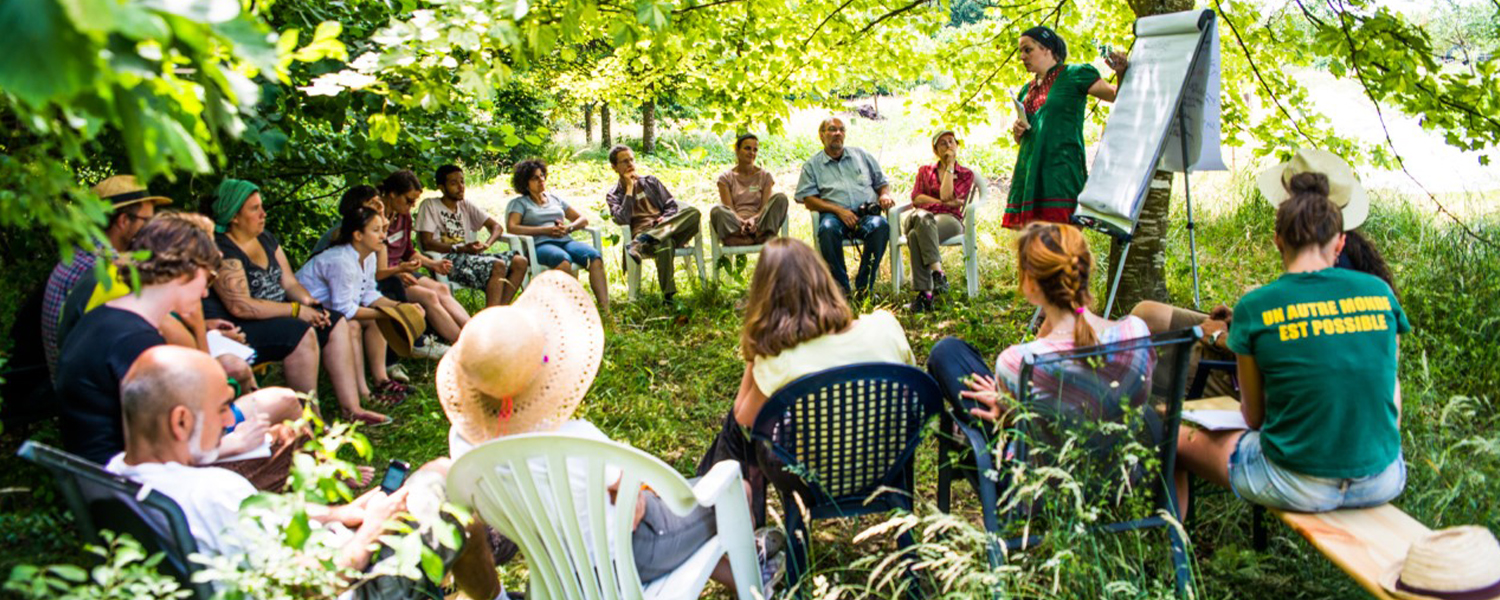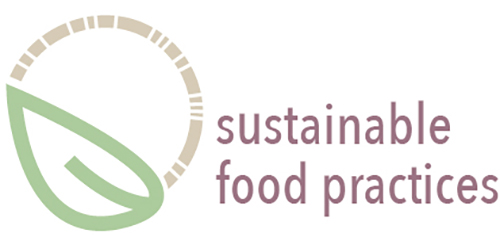
© Peace Advocate Photography
Luxembourg in Transition
Launched by the Department of Spatial Planning of the Ministry of Energy and Spatial Planning, the urban-architectural and landscape consultation entitled ‘Luxembourg in Transition – Spatial visions for the low-carbon and sustainable future of the Luxembourg functional region’ aims to gather strategic spatial planning proposals and produce “towards 2050” ecological transition scenarios for the Grand Duchy of Luxembourg and neighbouring border territories. It was inspired by other large-scale consultations that have been conducted, such as those for Greater Paris and Greater Geneva.
This international consultation is aimed at professionals, but also universities, technical institutes and research organisations with expertise in the fields of spatial planning, urban planning, landscape and architecture, supported by environmental disciplines as well as the humanities and social sciences.
Luxembourg in Transition is a process that encourages the formation of multidisciplinary teams from diverse backgrounds for a new transitional and resilient approach to spatial planning. Rather than a competition between teams, this is a call for bold ideas that will be developed in parallel, to accompany the actions of decision-makers in years to come and to strengthen the support of citizens for a collective project involving a profound transformation of their way of life through inspiring visions (“desirable futures”) and concrete ideas for actions, infrastructure and spatial planning.
10 multidisciplinary teams were selected to participate in the first part of this project. The University of Luxembourg is part of the team ‘LUXEMBOURG 2050: PROSPECTS FOR A REGENERATIVE CITY-LANDSCAPE’ alongside the Luxembourg Institute of Science and Technology (LIST), the Centre for Ecological Learning Luxembourg (CELL), the Institute for Organic Agriculture Luxembourg (IBLA), and the Office for Landscape Morphology (OLM).
You can read the Report of the team ‘LUXEMBOURG 2050: PROSPECTS FOR A REGENERATIVE CITY-LANDSCAPE’ for Phase 1 on the Luxembourg in Transition website here.
To read more about the Luxembourg in Transition project you can use the following links:
The project has 3 phases:
STAGE 1 Methodological Framework for the Transition Project
15th October 2020 – 22nd January 2021
The ten teams selected will have to demonstrate that they understand and can accurately apply a transition metric, specifically quantitative data and objectives designed to achieve two simultaneous goals: a low-carbon and decarbonising society that is also resilient to the impacts of climate change.
You can read the Report of the team ‘LUXEMBOURG 2050: PROSPECTS FOR A REGENERATIVE CITY-LANDSCAPE’ for Phase 1 on the Luxembourg in Transition website here.
STAGE 2: The Transition Project adapted to the cross-border Functional region
1st February – 4th June 2021
The six teams selected during or at the end of the previous stage will have to demonstrate how their principles, methods, tools and metric(s) for the ecological transition through the project can be used to develop a territorial project strategy for the scope of thinking for the Luxembourg cross-border region.
The University of Luxembourg, as part of the team ‘LUXEMBOURG 2050: PROSPECTS FOR A REGENERATIVE CITY-LANDSCAPE’, was selected for Phase 2.
You can read the Report of the team ‘LUXEMBOURG 2050: PROSPECTS FOR A REGENERATIVE CITY-LANDSCAPE’ for Phase 2 on the Luxembourg in Transition website here.
STAGE 3: The Transition Project is divided into phases and demonstration projects
14th June – 24th December 2021
The four teams selected during or at the end of the previous stage will develop “towards 2050” transition scenarios for Luxembourg and its functional region and translate them into concrete applications and projects at a range of scales.
The University of Luxembourg, as part of the team ‘LUXEMBOURG 2050: PROSPECTS FOR A REGENERATIVE CITY-LANDSCAPE’, was selected for Phase 3. During this phase, the four remaining teams worked with the Biergerkommitee Lëtzebuerg 2050 for developing the final scenarios. The final presentation of the work of the last four teams took place in Belval on March 19th 2022. The project then entered a new phase, that of the realisation of concrete projects based on the developed scenarios, under the lead of the Department of Spatial Planning of the Ministry of Energy and Spatial Planning.






